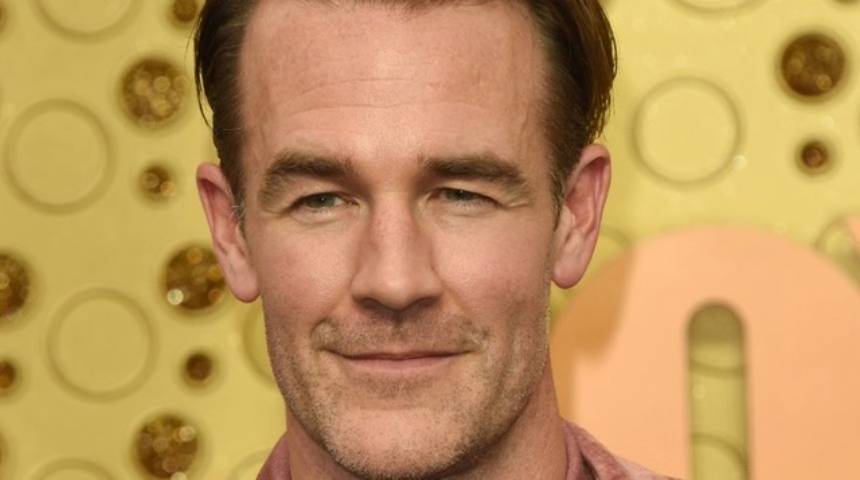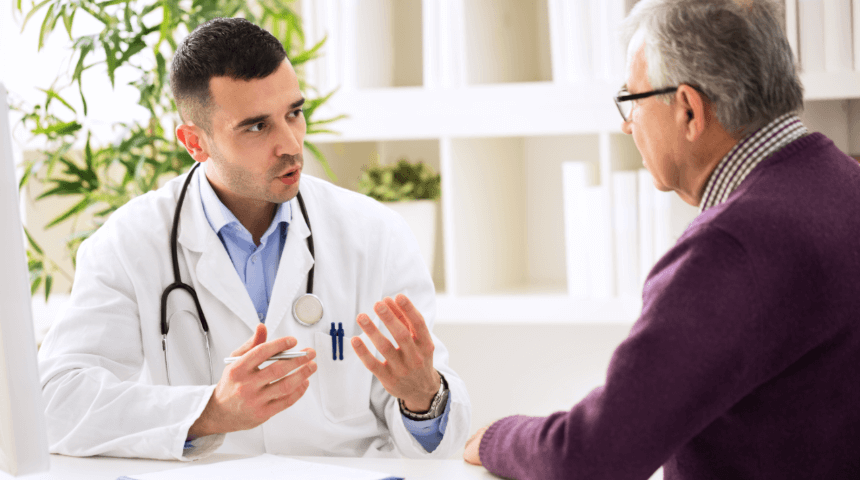Facing a breast cancer diagnosis is scary enough. For some women, the thought of undergoing chemotherapy to treat the cancer is just as frightening.
Chemotherapy may well save your life, yet you might not even need it. More than half of women with certain types of breast cancer are now treated in other ways — especially when diagnosed with Stage I, II or III breast cancer. As a result, they experience fewer side effects.
Today’s Standard Breast Cancer Treatment Options
The science is evolving quickly. Thanks to a slew of new tools, your medical team can combat the disease in a way designed specifically for you and your particular type of breast cancer.
Before deciding which treatment combo is best for you, your doctors and surgeons will examine your biopsy and other test results, which add other micro details about your cancer. They’ll essentially crunch numbers using sophisticated tools together with these findings. Their goal: to get rid of the cancer with as few negative consequences as possible.
Here’s what they’ll take into consideration:
- The size of the tumor
- Whether or not it’s in the lymph nodes
- If it’s in the lymph nodes, how many lymph nodes are affected
- Your age
- Your other medical conditions, which are referred to as comorbidities
- If you’re pre- or post-menopausal
Perhaps most important, doctors will look at the exact type of breast cancer you have, and also the sub-type.
More than 60 percent of breast cancers are hormone receptor positive and HER2 negative; those cancers can usually be treated without chemotherapy, as can many other types and sub-types.
If your cancer is discovered at an early stage, genomic testing will give your doctor specific details about your cancer’s individual biology and the risk of it returning after various treatment options. The predictive and prognostic test results will determine whether or not you’ll need chemotherapy. In the past, patients received chemotherapy if the cancer had spread into lymph nodes; with these tests, that is the case less often.
Either Way, You’ll Get Back-up Treatment, Too
You’ll have either a small surgery called a lumpectomy, which removes the tumor and the tissue around it, or a larger one, mastectomy, in which the entire breast is removed.
In addition, you’ll likely be prescribed other methods of ending the cancer and keeping it from returning. These could include:
- Radiation — Every Monday through Friday for a few weeks, radiation will be used in the vicinity where the cancer was. It’s painless, but your skin might get dry and irritated, like a sunburn, and you might get tired. You’re more likely to need radiation if you have a lumpectomy, just to be sure there’s no remaining microscopic cancer in the breast tissue.
- Aromatase inhibitors — If you’ve completed menopause, you’ll be prescribed an aromatase inhibitor once your treatment is done. These oral drugs help you produce less of the estrogen that feeds your type of cancer.
- Tamoxifen — If you’re pre-menopausal, you’ll likely take this pill daily for a few years. It too keeps estrogen low, which in turn helps keep some breast cancers away.
- Immunotherapy — Immunotherapy medications stimulate the immune system. One is used for breast cancer patients; it’s called pembrolizumab, and it blocks a protein in a way that prevents cancer cells from growing. It is only used for triple negative breast cancer.
- Monoclonal antibody — For HER2 positive situations caught early, you might be prescribed antibodies including pertuzumab or trastuzumab, which are given with chemotherapy; they make it harder for cancerous cells to multiply.
- CDK 4/6 inhibitors — If your cancer has spread and is Stage IV, you might be given a class of drugs called CDK4/6i, such as palbociclib, ribociclib or abemaciclib. These are used to help a hormone-blocking treatment work better; examples are aromatase inhibitors and fulvestrant. Some of these drugs are now also used in some patients with early-stage breast cancer to further reduce the risk of recurrence.
What To Expect with Chemotherapy
Most Stage I, II and III breast cancers are treated with the expectation of curing the patient. You’ll have an unpleasant few months of procedures and treatment, and then you’ll likely be free to move on with life. You might take one of the post-surgery medications for a few years, and you’ll need mammograms regularly, but you can expect to pick up your activities where you left off.
If you have a certain aggressive type of breast cancer, such as a HER2 positive or triple-negative, or your cancer has spread to lymph nodes, chemotherapy will likely be your best option, typically along with surgery, radiation and/or medications. It might come with challenging side effects including nausea, fatigue and hair loss. However, you might be given anti-nausea meds or other aids to decrease your discomfort. You’ll need to semi-isolate since you’ll be more susceptible to catching viruses from others, and you might end up with long-term side effects. However, chemotherapy works. That’s what matters.
The medical community is making huge strides in breast cancer treatment. A smaller percentage of women need chemotherapy as part of their treatment than ever before, and that trend might continue to improve as researchers test new options.





